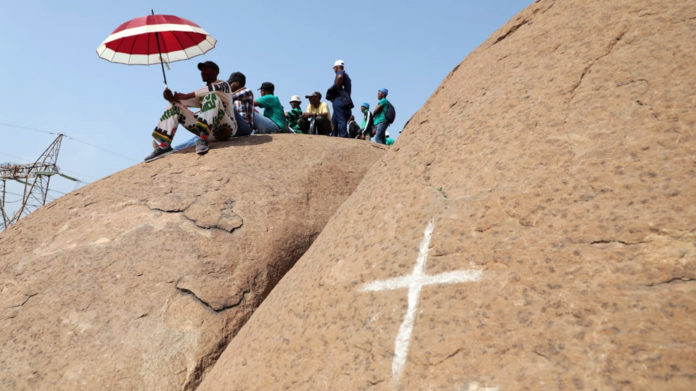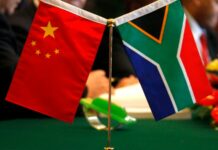
2020 brought with it tragedy on a global scale with the Covid-19 pandemic. Millions of people have lost their lives and livelihoods. As the world grapples to recover from the greatest public health crisis in living memory, many leaders, institutions, and organisations around the world are putting in place measures to “Build Back Better”.
The same sentiment underlines our vision at Sibanye-Stillwater: of co-creating a new, positive and sustainable future for stakeholders beyond the tragedy of Marikana’s past.
The events at Lonmin, Marikana mining operations, that culminated at Wonderkop in 2012 in which 44 lives were lost, will be remembered as one of the most visibly traumatic events in our industry and our country’s history.
In the words of Professor Thuli Madonsela during the inaugural Marikana Memorial Lecture in August: the way forward lies in mutual healing among all stakeholders.
Archbishop of Cape Town, Thabo Makgoba, who is the patron of the soon-to-be-launched Marikana Renewal process, said last year: “Though we live through these dark hours, we must keep our hopeful eyes towards a better future.
“In the words of Alan Paton, it is not ‘… forgive and forget’ as if nothing wrong had ever happened, but ‘forgive and go forward,’ building on the mistakes of the past and the energy generated by reconciliation to create a new future”.
We have been given an opportunity and responsibility to create a new future at Marikana by delivering on our purpose of improving lives through responsible mining. We strongly believe tangible and sustainable programmes that benefit communities around Marikana sustainably will ensure a new legacy of healing and hope.
Our vision is built on three pillars:
The first is to honour the lives that were lost and to support those for whom the loss was the greatest. We have erected a Wall of Remembrance to acknowledge the victims of the tragedy. We have also provided support to the widows and their children and we are delivering 16 houses for the widows and families who had not benefited from the AMCU Trust. The final eight will be complete by the end of 2021.
Through the Lonmin memorial fund, Sibanye-Stillwater has supported 89 dependants at a cost of R3.6m. Five of these dependants completed their final year of school in 2020, with nine students at tertiary level. Through the Sixteen-Eight memorial fund, we support 141 beneficiaries by providing counselling and educational assistance. The trust spent R6.5m on educational assistance in 2020.
The second pillar is engagement. We are part of a stakeholder community and wish to be partners in the creation of a new future at Marikana. To be able to achieve this we need to listen as well as speak; we need to collaborate and not impose, and we need to forge a mutually beneficial way forward. As a company, we are but one role player in the community in which we live and work.
Our focus in 2021 is to rebuild trust with community stakeholders and formalise a social compact, agreed by all for the benefit of all. Largely based on the tenets of the Zambezi Protocol, the proposed social compact prioritises mutually respectful relationships which will help to develop a more trusting relationship.
The third component is our opportunity to create socio-economic value by optimally managing our business in a responsible way. In so doing, we will create and sustain jobs, pay salaries and wages to employees who live and work in the community, pay taxes and royalties to the regional and national fiscus; and create direct and indirect economic opportunities that will ultimately lead to economic upliftment and social well-being.
Being a good neighbour is part of our social and economic compact with communities and at the heart of this renewal programme is a commitment to invest in and sustain our operations, our people, and our communities. We cannot and should not do this alone. Our efforts towards economic restoration and cross-sector collaboration can only be achieved by identifying and unlocking opportunities for district-wide economic programmes.
The path forward will not be an easy one.
But we, as South Africans, have the ability to find one another and to develop a new vision for where we want to be, and work to achieve that.











